Market Share
US Carbon Black Market Share Analysis
In the highly competitive US Carbon Black Market, companies strategically deploy various market share positioning strategies to establish a robust presence and gain a competitive edge. One fundamental strategy involves a continuous emphasis on product quality and customization. Carbon black producers invest in refining manufacturing processes to ensure the consistent production of high-quality carbon black with specific characteristics. By offering a diverse range of carbon black grades tailored to meet the requirements of various industries, such as tire manufacturing, plastics, and coatings, companies aim to position themselves as reliable suppliers catering to diverse applications.
Cost leadership is another pivotal strategy embraced by companies in the US Carbon Black Market. This approach revolves around optimizing production efficiency, negotiating favorable sourcing agreements, and achieving economies of scale. Becoming a low-cost producer enables companies to offer competitive pricing for their carbon black products, attracting a broader customer base. Cost-effective solutions not only appeal to price-conscious consumers but also provide companies with a strategic advantage against pricing pressures and market fluctuations, ensuring sustained profitability.
Market segmentation plays a crucial role in the positioning strategies of carbon black manufacturers in the United States. Recognizing the diverse applications of carbon black in various industries, companies tailor their products to address specific market segments. This may involve producing carbon black with specific characteristics for use in rubber reinforcement, pigments, or conductive applications. Effective segmentation enables companies to optimize their market share within specialized niches, providing solutions that precisely meet the needs of different industries and applications.
Strategic collaborations and partnerships are instrumental in enhancing market share positioning within the US Carbon Black Market. Companies often form alliances with tire manufacturers, rubber processors, and other end-users to strengthen their supply chain, expand market reach, and facilitate innovation. Collaborations can lead to joint research projects, shared resources, and the development of application-specific carbon black solutions. Partnering with key stakeholders allows companies to leverage collective strengths, share expertise, and collectively address the complexities of the carbon black industry more effectively, contributing to increased market share.
Sustainability is emerging as a significant factor influencing market share positioning strategies in the US Carbon Black Market. With a growing emphasis on environmentally friendly practices, companies are incorporating sustainable manufacturing processes, optimizing energy consumption, and exploring eco-friendly sourcing methods. Carbon black manufacturers positioning themselves as environmentally responsible entities can gain favor among customers who prioritize sustainable and responsibly sourced materials, contributing to the overall sustainability of the industry.
Moreover, a robust digital presence is crucial in today's technologically driven business environment. Carbon black companies in the United States leverage digital marketing, online platforms, and e-commerce channels to connect with customers, showcase their expertise, and facilitate business transactions. An effective online presence enables companies to reach a broader audience, provide educational resources, and engage with clients directly, enhancing brand visibility and trust in the competitive carbon black market.


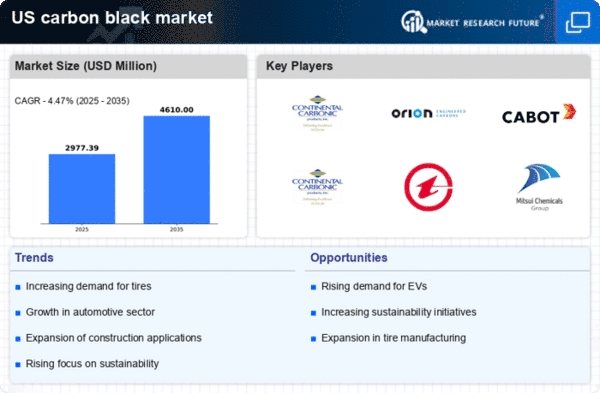
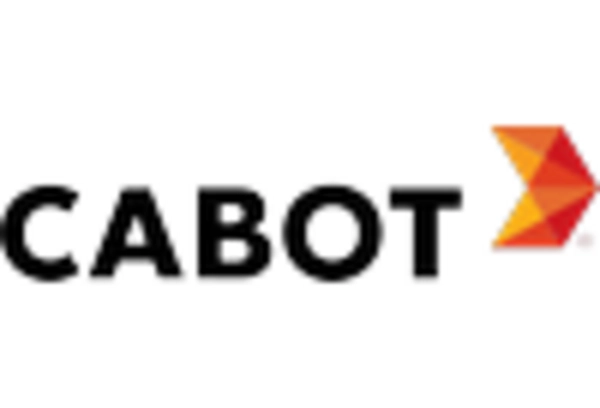
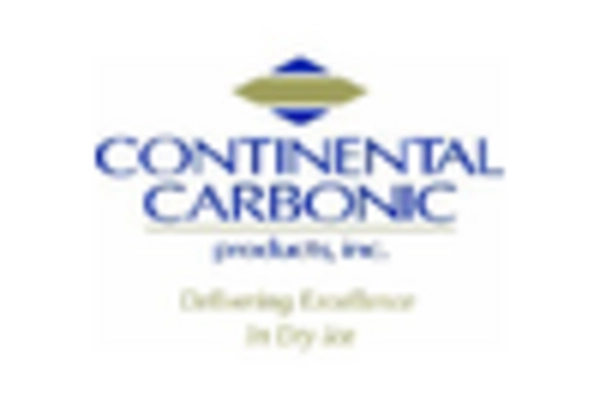
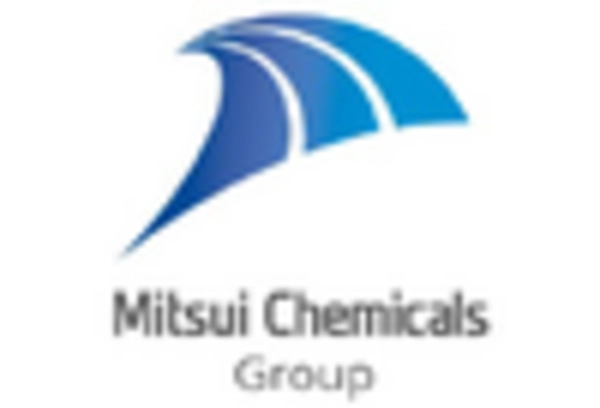
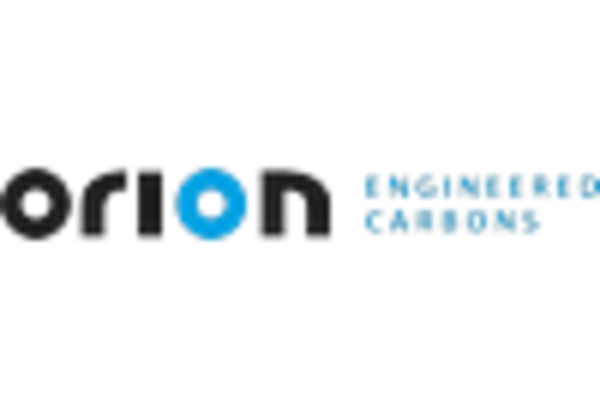
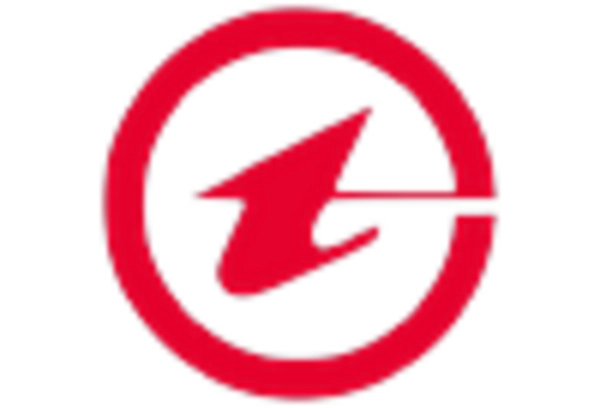









Leave a Comment